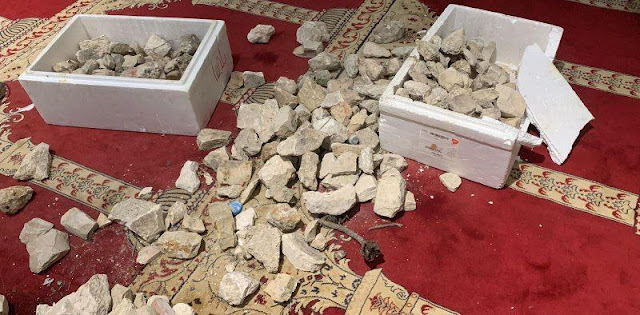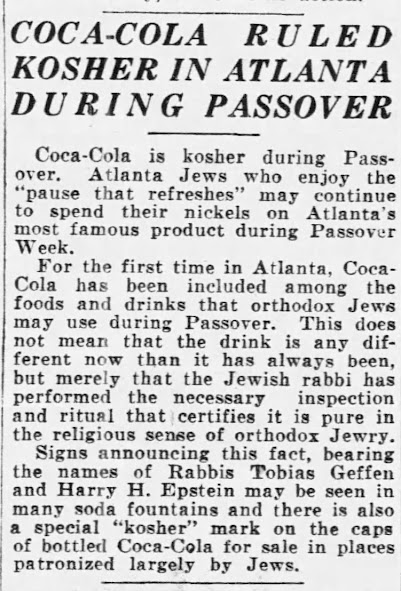JPost Editorial: This Passover we remember that not all are free
At a time when Jews are focusing on the freedom we struggled to obtain, it is a time for us to remember the hardships and lack of freedoms that others are facing. Russia is depriving the Ukrainian people of their most basic right – the right to live.This Passover, Israel has much to be thankful for
Ukrainians aren’t the only people facing massive threats to their freedoms. At any given moment in 2016, an estimated 40.3 million people were held as slaves, according to the International Labor Organization, with “24.9 million people trapped in forced labour, 16 million people exploited in the private sector such as domestic work, construction or agriculture; 4.8 million persons in forced sexual exploitation; and four million persons in forced labor imposed by state authorities.”
Meanwhile, the people of North Korea are starving to death under one of the world’s most oppressive regimes. People there are forced into unpaid labor under threat of detention or execution. The dictatorial regime attempts to stop anyone from leaving the state, blocking their communication with the outside world.
Much like the Jews in Egypt, they are slaves to an oppressive ruler who does not care if they live or die.
In China, more than a million Uighurs have reportedly been detained in “reeducation camps,” as the state calls them. Those who have survived their imprisonment say they were tortured and sexually assaulted. Others are used as forced labor and some women are being forcibly sterilized.
When we gather with our families tonight, let us rejoice as we recount the Exodus from Egypt. But let us also remember and tell everyone at our Seder about those who are less fortunate than we are. And let’s hope that by next year, they will have also escaped the yoke of oppression.
Had the heavens gifted Israel with success, strength and self-assuredness that comes from faith, but not with a happy society with a high birth rate that enjoys a vibrant arts and culture scene, gourmet food and wine, verdant mountaintop getaway sites, and the most exciting intellectual institutions in the Jewish world – dayenu.Rabbi who fled Moscow: ‘Jewish life in Russia as I knew it was coming to an end’
Had the heavens gifted Israel with energy and enthusiasm, but not with multiple Jewish organizations in the Diaspora that work hard every day (the vast majority of them) to back Israel politically and support its cultural and educational institutions – dayenu.
Of course, dayenu does not mean that Israel is satisfied and sitting on its laurels. It aspires to more.
Israel still needs more triumphs, including victory over Iranian revolutionaries, various radical Islamic enemies and Palestinian rejectionists. Israel desires region-wide peace – with the Iranians and Palestinians, too. Also, Israel aims to better integrate its Arab and haredi (ultra-Orthodox) Jewish populations, bring down the very high cost of living, and narrow income gaps. And there is much to be done to help stem Diaspora Jewish assimilation and disaffiliation.
But in grand perspective, kama maalot tovot la-Makom aleinu – see how many benefits and blessings the heavens have showered upon Israel! It enjoys a strong economy, coronavirus and political stability (at least for the past year), diplomatic and security heft, renewed aliyah, national resilience that stems from faith, and global Jewish support.
Consider how far the people of Israel and the State of Israel have come in just 75 years, look at what has been achieved, and feel the Divine warmth. Dayenu! There is more than enough to give thanks for – and more than enough to inspire confidence about Israel’s future.
On the morning of February 24, 2022, Motl Gordon woke up to the news that Russia had invaded Ukraine.
“It dawned on me that it’s another epoch now,” Gordon told The Times of Israel in a recent interview in Jerusalem. Within two hours he, his wife, and their two kids had airline tickets, and within 10 hours they were on a plane to Warsaw.
Gordon had spent the last five years leading an independent Jewish community in Moscow, Sredi Svoih (Among Our Own). Just minutes after deciding to leave, Gordon went to the synagogue to lead a Torah lesson and morning prayers. He didn’t tell his congregants about his plans — it wasn’t clear to him yet that he would succeed in actually boarding the flight.
It wasn’t a simple journey in terms of official documents: The family was traveling through Warsaw and not all of them had visas, Israel hadn’t lifted coronavirus restrictions, and the children weren’t vaccinated. They applied for special permission to circumvent the restrictions and enter Israel, but as the war had started on a Thursday, the approval came too late to make it to Jerusalem before the Sabbath. They ended up staying in Warsaw until Saturday night, when they boarded a flight to Ben Gurion Airport. On Sunday morning they arrived in Israel.
“Sixty hours,” Gordon says, “in which I could think of nothing else but getting to Jerusalem.”
The decision to leave was not easy since Seredi Svoih had flourished under Gordon’s leadership. But it wasn’t made in a vacuum. As he tells it, Russian Jews had begun leaving before February 24.
The first sign of things to come, he says, were the elections for the Duma — Russia’s lower parliamentary house — in 2021, during which Gordon saw the pre-election repression as too harsh to be reversed.
“It felt like a purge,” he says.


















































